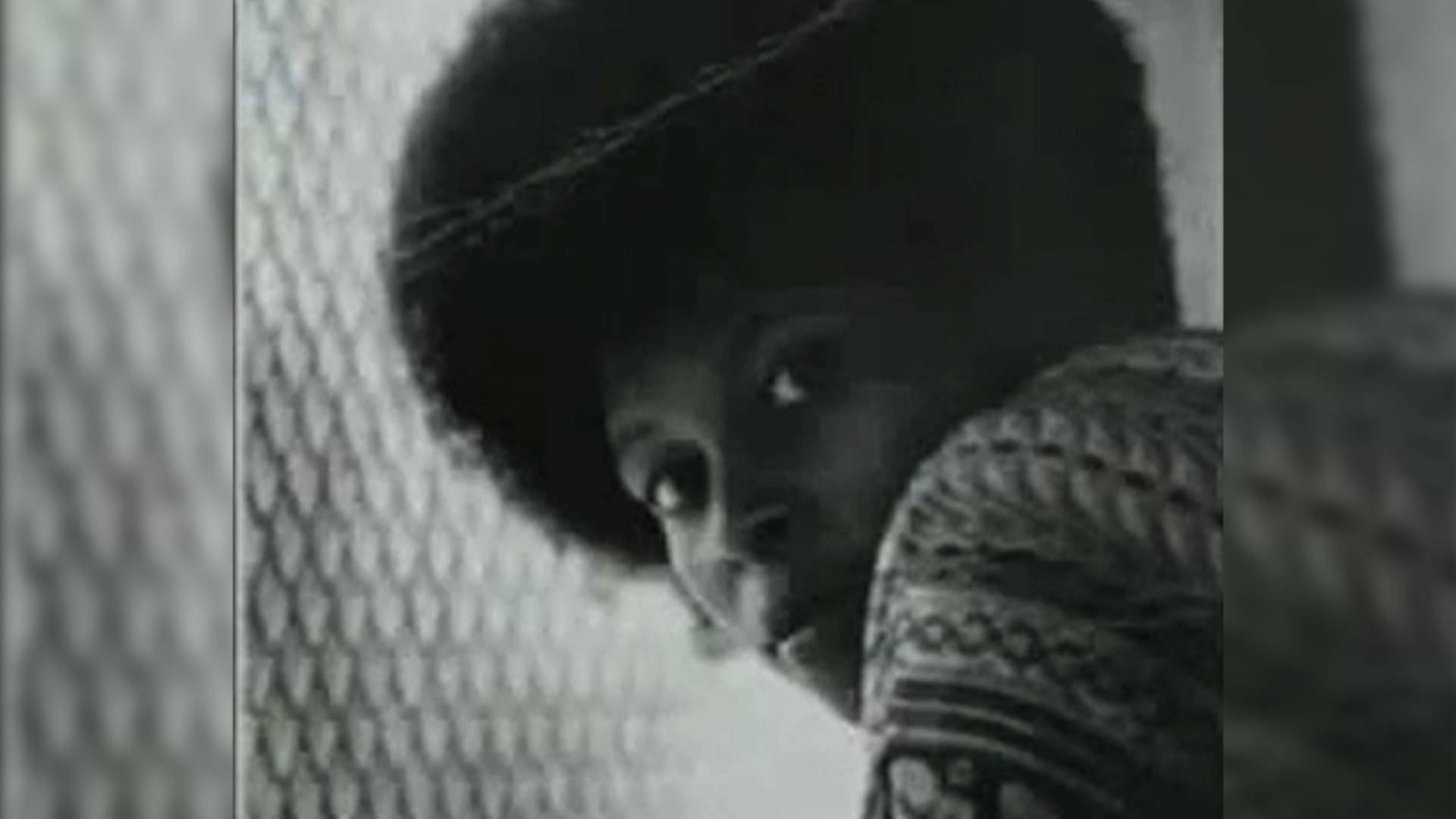The death of Assata Shakur in Cuba has sparked worldwide discussions regarding activism, defiance, and the enduring influence of one of the most debated personalities of the 20th century.
Assata Shakur, whose life has long been at the center of political debates and cultural narratives, has died in Cuba, where she had been living in exile for decades. Known as the godmother of rapper Tupac Shakur, she was also a figure who embodied the intersection of activism, revolution, and controversy. Her death marks the end of a chapter in history that has stretched across borders, generations, and political movements.
Born JoAnne Chesimard in Queens, New York, she became a notable figure within the Black Panther Party and subsequently joined the Black Liberation Army during the 1960s and 1970s, a time marked by significant social and political upheaval in the United States. Her participation in these groups made her a symbol of defiance for some, while others saw her as a fugitive. She was eventually found guilty in relation to the death of a New Jersey state trooper in 1973, a case that attracted widespread attention and sharply divided public opinion. In 1979, she escaped incarceration and sought refuge in Cuba, where she was granted asylum by the government, remaining there until her passing.
A life marked by activism and controversy
Shakur’s life was deeply intertwined with the struggles for racial equality and justice in America. As a young woman, she was drawn to the Black Panther Party’s message of empowerment and community protection. She dedicated her efforts to fighting systemic oppression, working in community programs that sought to address poverty, healthcare, and education in underserved areas.
Nonetheless, her advocacy soon clashed with the U.S. legal system. Shakur was linked to multiple violent acts connected to the Black Liberation Army, resulting in her detainment and sentencing. To her advocates, she was seen as a casualty of political oppression, pursued by government bodies intent on dismantling Black liberation efforts. To her detractors, she was viewed as a threatening militant using violence to push her agenda. This divided perspective persisted throughout her life, ensuring that she continued to be a contentious figure long after her departure from the United States.
Her audacious breakout from jail in 1979 enhanced her notoriety. With the help of accomplices, she succeeded in escaping a high-security prison and eventually reached Cuba. In her new location, she established a life in exile, sheltered by the Cuban government and respected by supporters globally. Her stay in Cuba escalated the strain between the U.S. and Cuban governments, as Washington persistently requested her return, but Havana continually resisted.
Impact on culture and link to Tupac Shakur
Assata Shakur’s legacy extends beyond politics and activism, permeating culture and art. She became a muse and symbol for artists, writers, and musicians who saw in her story a reflection of struggle and defiance. Her autobiography, published in the 1980s, offered a personal account of her experiences and became a cornerstone for those studying the history of the Black liberation movement.
Her link to hip-hop was solidified via her bond with her godson, Tupac Shakur. The musician frequently touched on themes of opposition, inequity, and perseverance in his songs, themes that mirrored Assata’s experiences. For numerous individuals within the hip-hop community, she embodied a connection between the radical spirit of the 1960s and 1970s and the societal struggles of the 1990s and future generations.
The resonance of her life story was not limited to the United States. Across the world, activists and thinkers looked to her as an example of resilience in the face of state power. Her name appeared in protest chants, songs, and speeches, becoming part of a global vocabulary of resistance.
The discussion about her impact
With her death, discussions about Assata Shakur’s legacy have resurfaced, reflecting the complexity of her life and choices. For some, she remains a revolutionary who fought against systemic racism and oppression, a woman who risked everything for her beliefs. For others, she is remembered as a convicted fugitive whose actions caused irreparable harm.
The U.S. government had long labeled her as one of the top fugitives, offering a substantial bounty for information leading to her arrest. Despite this, she lived openly in Cuba, engaging in scholarly and cultural activities, all while staying out of American legal grasp. Her circumstances highlighted the ongoing political rift between the two countries and emphasized the worldwide aspects of her narrative.
In Cuba, Shakur was frequently depicted not as an offender, but as a political refugee who had fled from persecution. Her passing there signifies the end of a remarkable exile, which served as a symbol of resistance to some and a cause of frustration to others.
A long-term influence on history
The passing of Assata Shakur marks the end of a life that was both impactful and contentious. She navigated through the realms of activism, creativity, politics, and culture, influencing discussions that persist even now. The issues her narrative brought up—regarding justice, defiance, and the strength of conviction—are still open-ended, guaranteeing that her legacy will persist in discussions about past events and societal transformation.
For those who backed her, Shakur symbolized bravery and resistance, a voice that stood up to oppression and remained unsilenced. To her critics, she embodied a bygone period characterized by conflict and discord. No matter the viewpoint, her impact is undeniable.
Her passing in Cuba does not erase the contradictions of her life but rather amplifies them, reminding the world that figures like Assata Shakur cannot be neatly defined. She was at once an activist, a fugitive, a cultural icon, and a controversial figure—roles that made her story compelling and her legacy enduring.
As reflections on her life continue to unfold, one thing remains clear: Assata Shakur’s name will be remembered not only for her role in history but also for the enduring conversations she sparked about justice, resistance, and the meaning of freedom.




